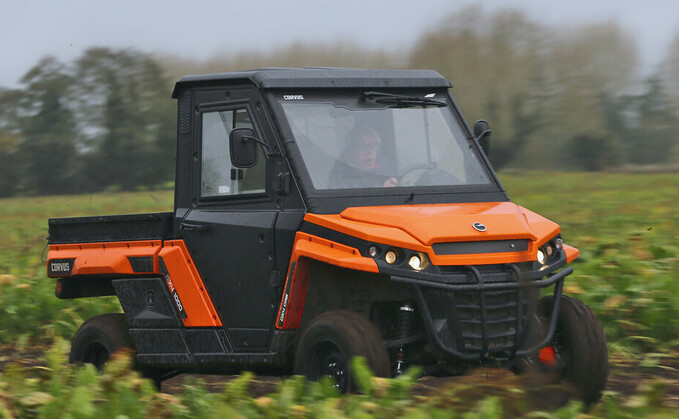
We first saw the Corvus Terrain DX4 at the Royal Highland Show in 2019 and were struck with its new from the ground up design philosophy and rugged appearance. Eager to see what it is made of, Alex Heath...

We first saw the Corvus Terrain DX4 at the Royal Highland Show in 2019 and were struck with its new from the ground up design philosophy and rugged appearance. Eager to see what it is made of, Alex Heath...